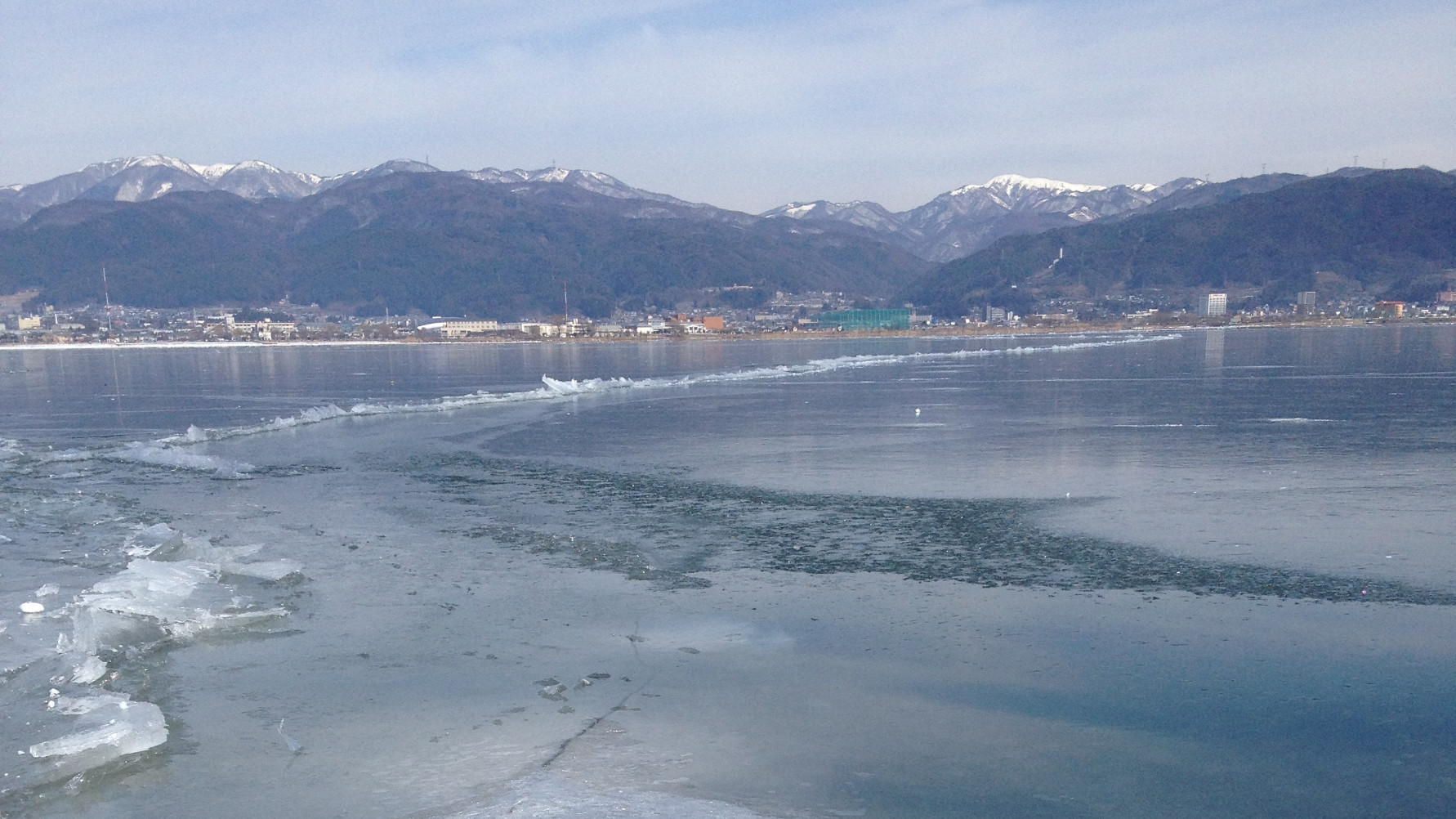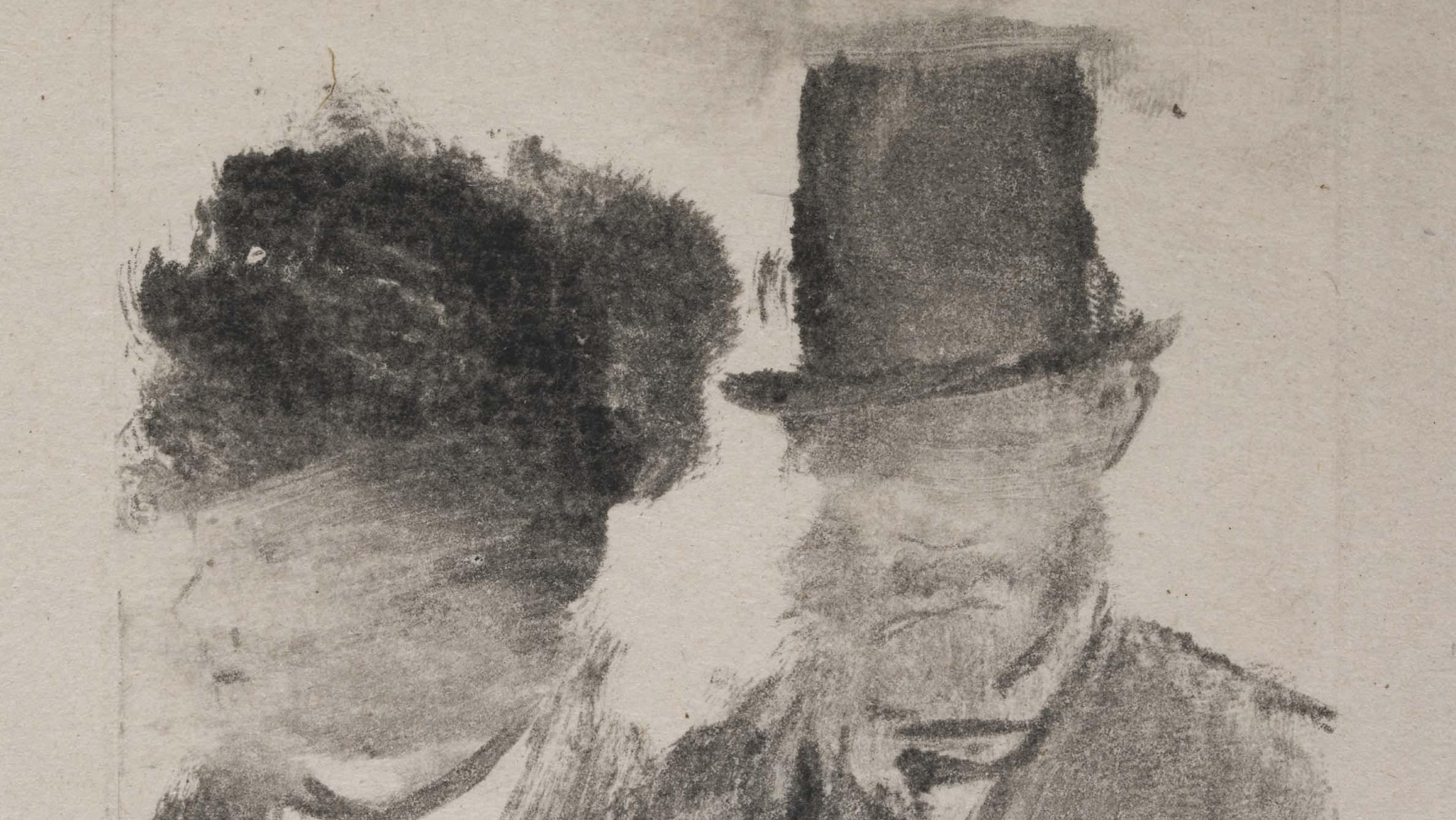Culture & Religion
All Stories
Our best “Big Picture” of the universe might be Sean Carroll’s “poetic naturalism.” But his skillfully framed physics and philosophy synthesis needs more “moral geometry” and a “naturalistic fallacy” update.
The Urban Confessional project offers free listening to anyone who has no one to talk to.
Many were afraid of California’s Public Safety Realignment policy, but research shows that reductions in the prison population haven’t increased crime. Here’s how perceptions play a big role in what we think about criminal justice.
Whether you have a fixed or growth mindset affects the quality (and future) of your relationships.
The science behind choosing the right music for being productive.
Dietary fats were demonized in the fifties due to shoddy evidence. After decades of a diet heavy in carbs and sugars, we’re finally learning the truth.
The arctic research ship that captured the heart of the internet will NOT be named Boaty McBoatface. And the public is not happy about it.
How much sleep you get and the quality of your sleep is important. Also, take a look at how your sleep stacks up against other countries.
Wikipedia collects its most unusual articles on a single, weirdly absorbing page.
Roam is one of a new subset of companies aimed at cultivating the coworking and coliving movements. Only now the horizon is abroad.
Bored by “Citizen Kane”? Looking back from our era of psychologically messed up lead characters (think Bryan Cranston’s Walter Whitein Breaking Bad), Vertigo seems decades ahead of its time.
In her visual album, Beyonce tells a personal story which she shares with many black women. Lemonade takes us on a journey from past to future.
Parents’ own fears are restricting their kids freedom, and it’s not a good thing.
Flexible work schedules aren’t the rarity that they used to be. Some of the biggest companies now allow their employees to set their own schedules, with pretty interesting results.
If tattoos had always been as popular as they are today, here is what Charles Darwin, Henry V, Lord Nelson, George W. Bush, and Barack Obama might have inked.
About the ethical and legal issues surrounding post-mortem sperm collection.
A program called Cultivating Awareness and Resilience in Education helps teachers deal with stress. It also helps them better handle everyday situations in the classroom.
New research shows the benefits of sixty seconds of high-intensity exercise. While the study is valid, the mentality that a minute is enough is misguided.
New research on social relationships looks at how our many friends are divided. It turns out the closest circle of acquaintances is pretty small.
Hundreds of years before climate change was a topic of discussion, monks and merchants kept records when lakes and rivers froze-over in the winter. These records show how the Industrial Revolution was a major turning point in altering the Earth’s climate.
There’s a strange beauty, yes, but also a violence to Degas’ technique. Where did that violence come from?
Why did Jackie Robinson have to break baseball’s color line in 1947 after another man broke it almost 70 years before?
Creepy is a hard thing to pin down. Thankfully, science has just done it. Here are the definitive characteristics of creepiness.
An innovative idea from a Knight Foundation challenge might have kernels of wisdom for race relations policy.
Find out how eco-friendly and humane products can be popular and pricier at the same time.
Although not every act of street harassment ends in murder — some certainly do — the people experiencing it have no assurance of their safety.
Three phases in brain development led to the creation of religion. What we do with that is up to us.
What led Steve Jobs to create the iPod and the iPhone? The latest brain research on risk-taking.
If you’re looking for the blueprint for a better tomorrow, you’ll find it in Rutger Bregman’s Utopia for Realists. Its premise is simple: we should adopt a universal basic income plan for all citizens, work less, and open up our borders.
Fossil fuels could be phased-out in 10 years, according to a study done by Professor Benjamin Sovacool. History shows us strong government support coupled with a shift in consumer preferences driven by incentives will help us get there faster.





























